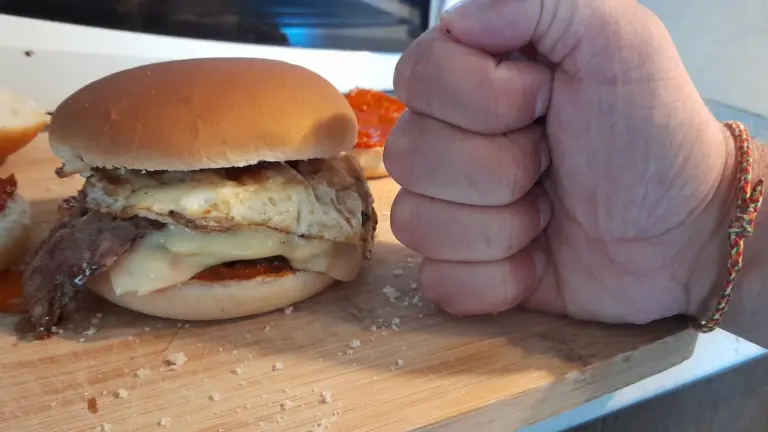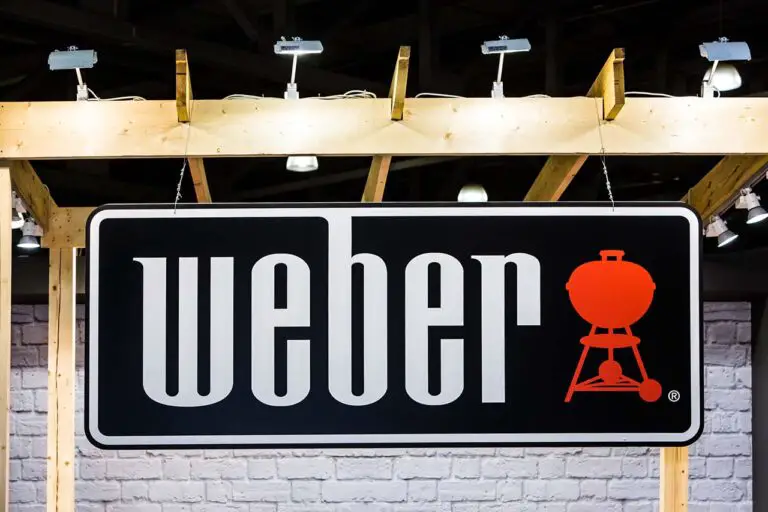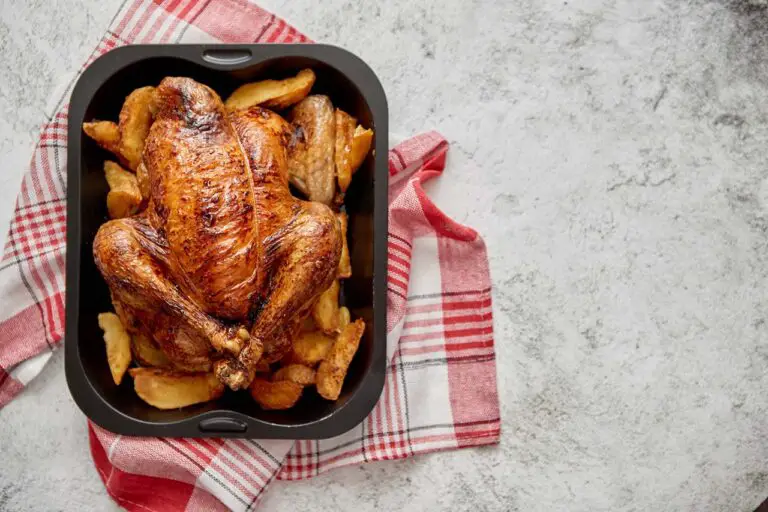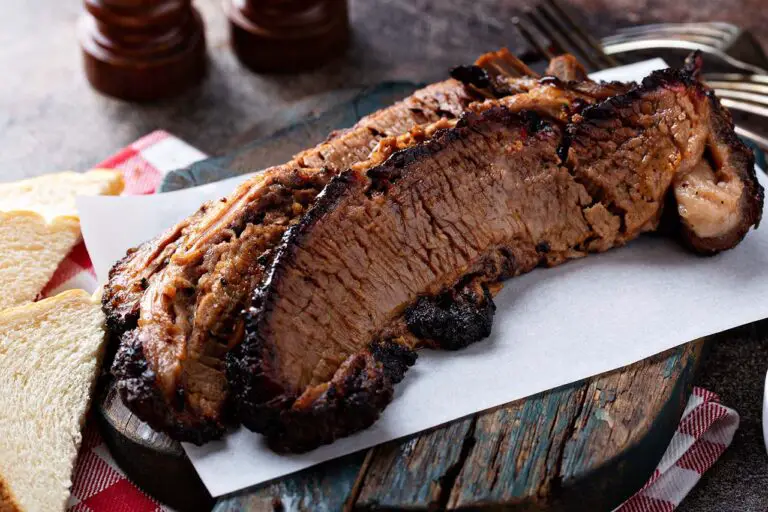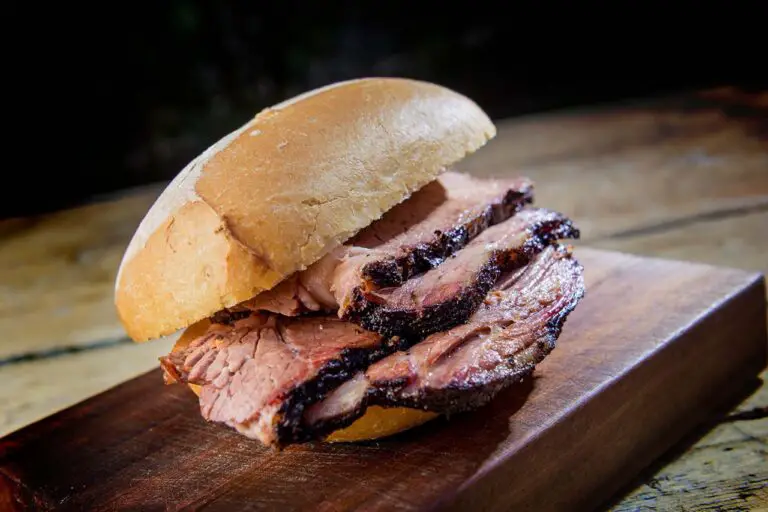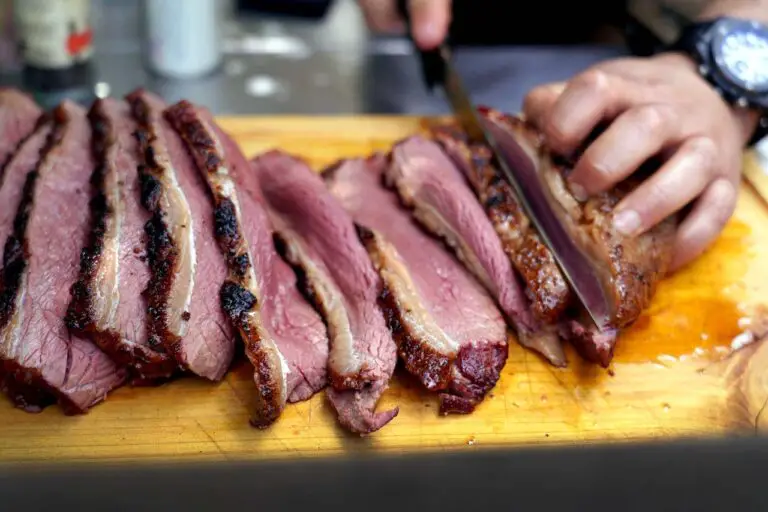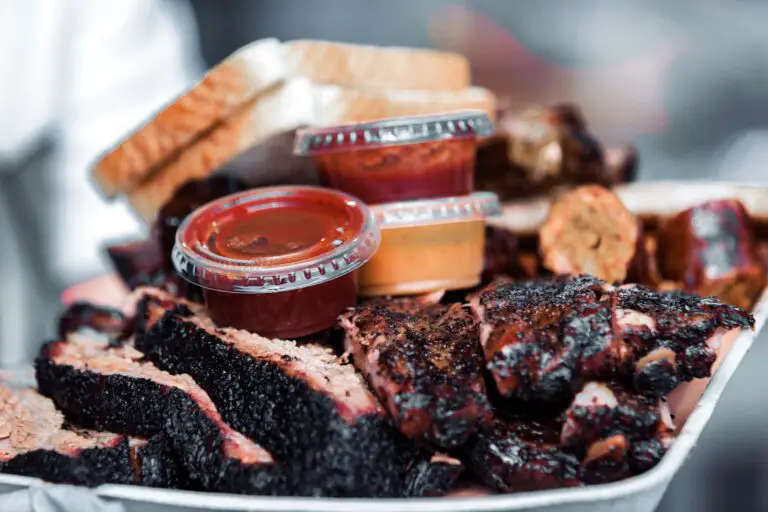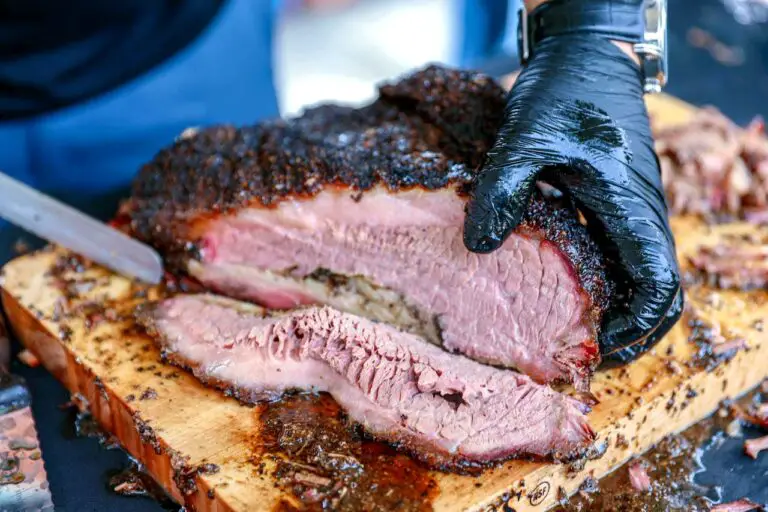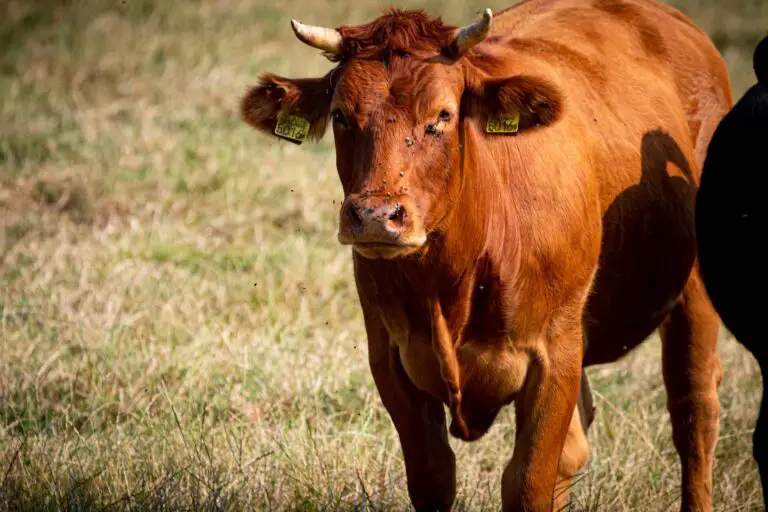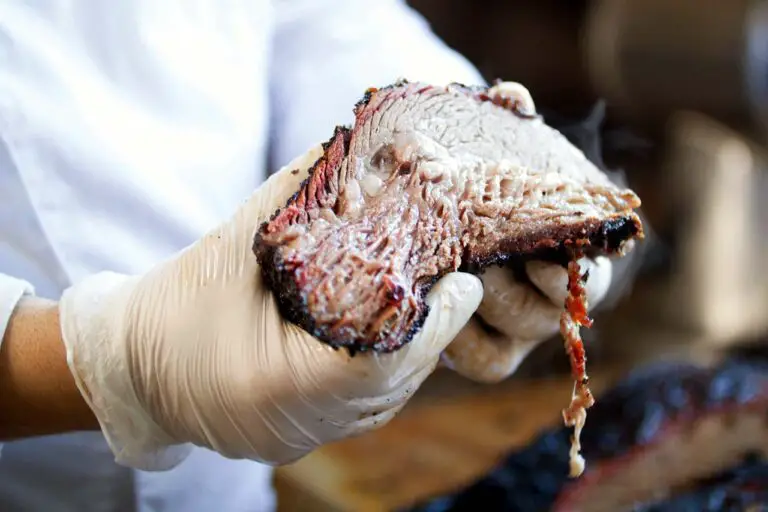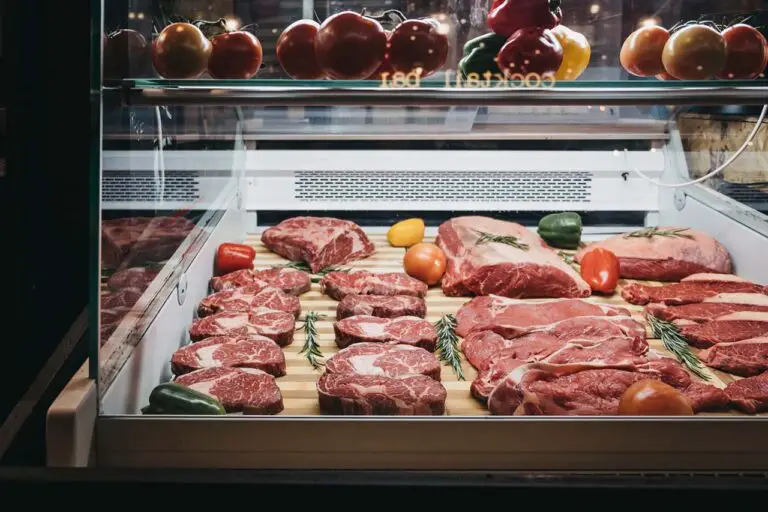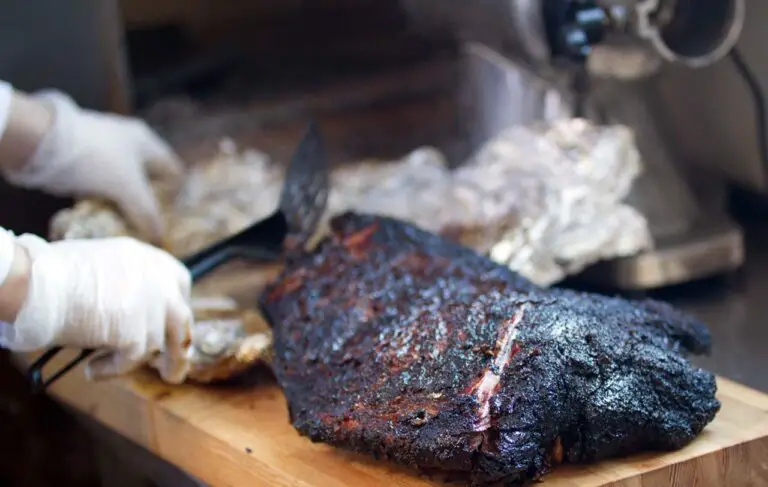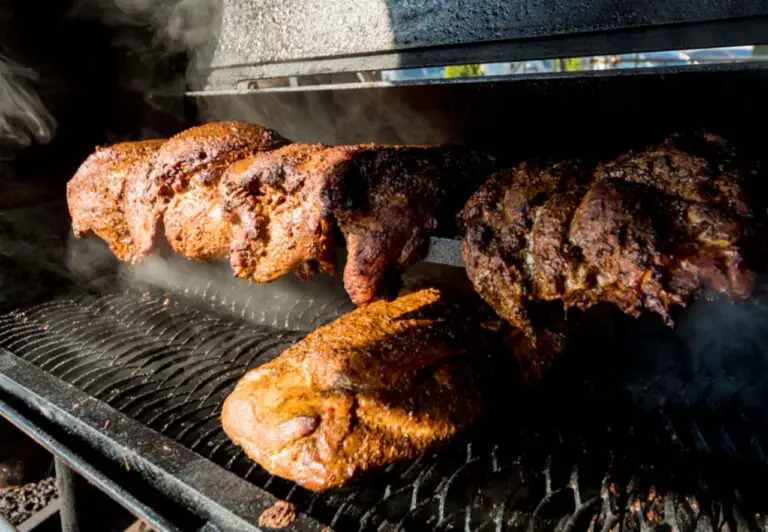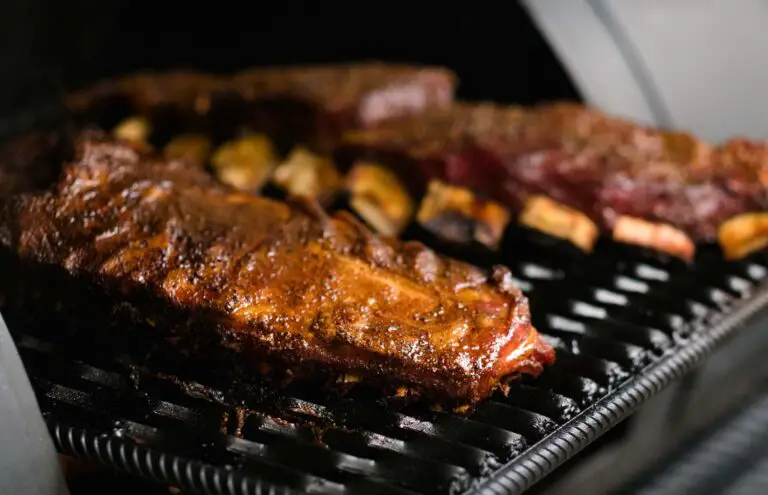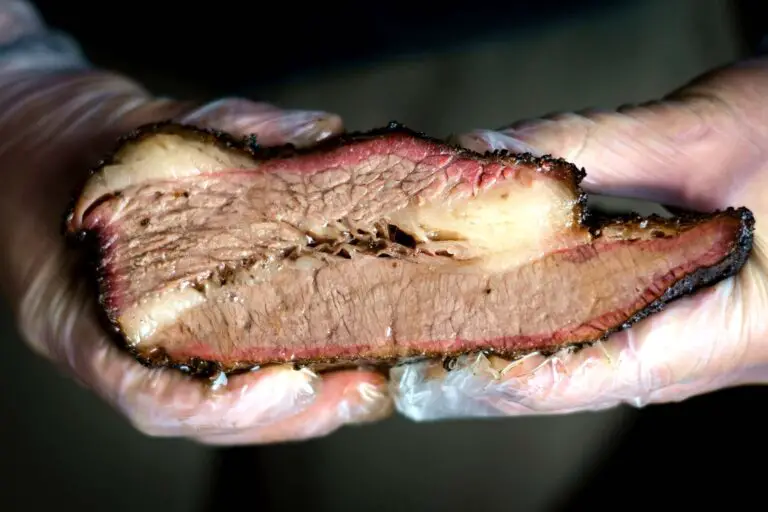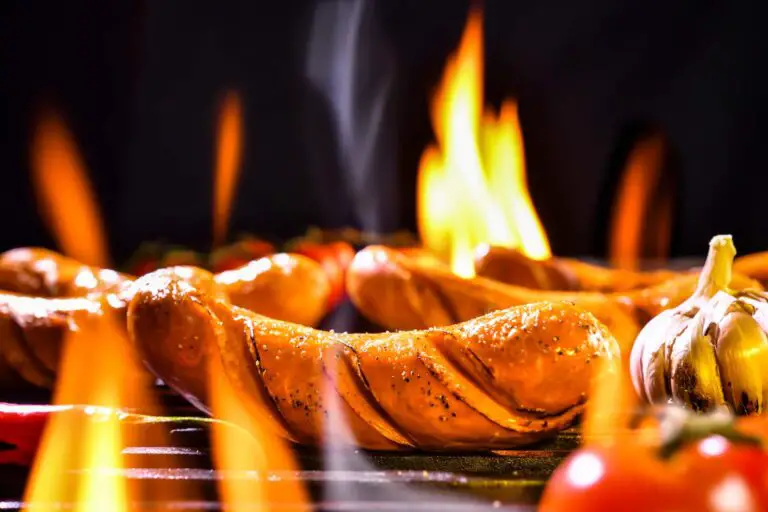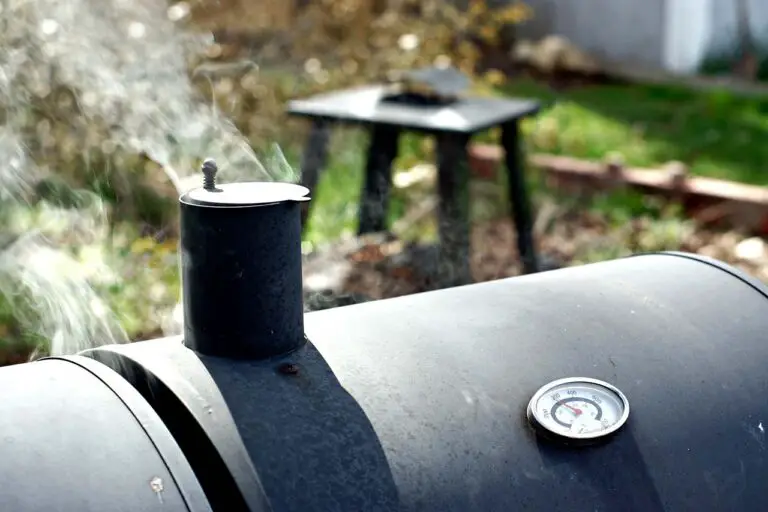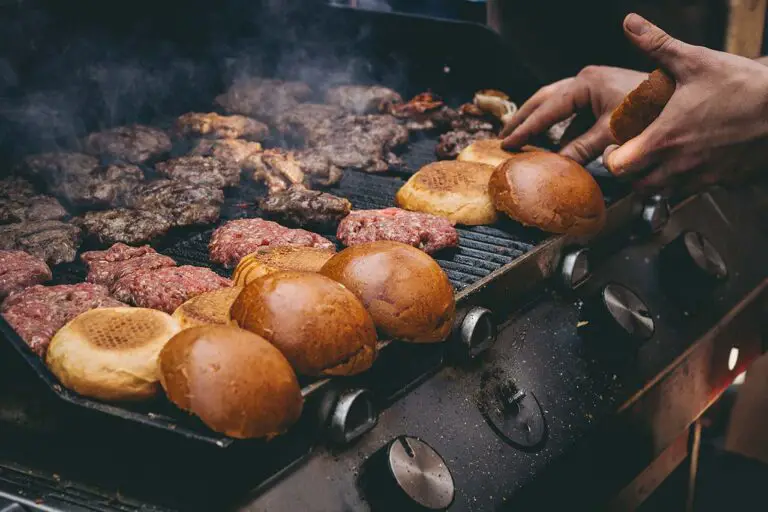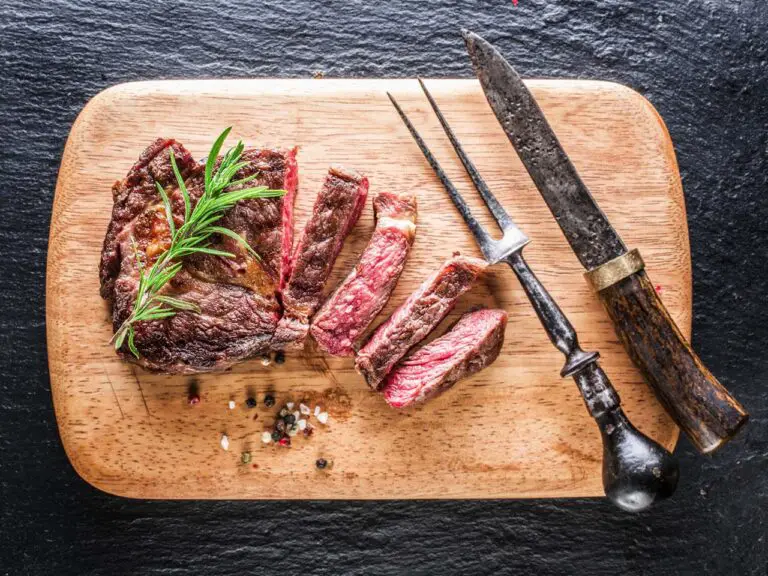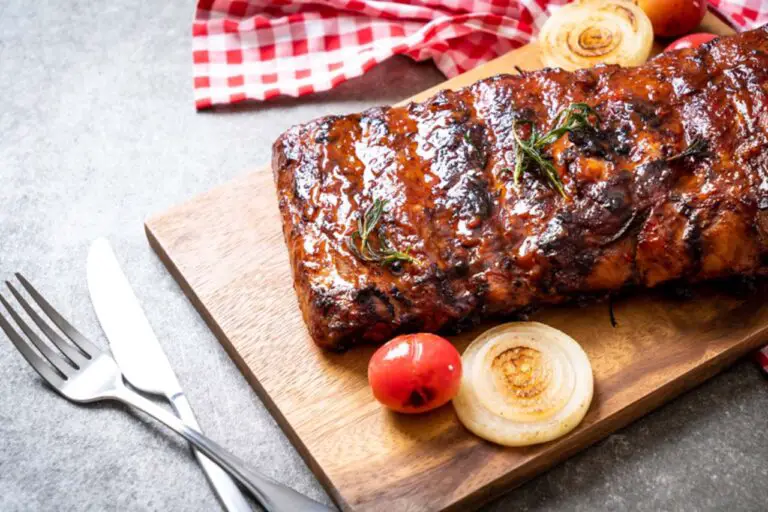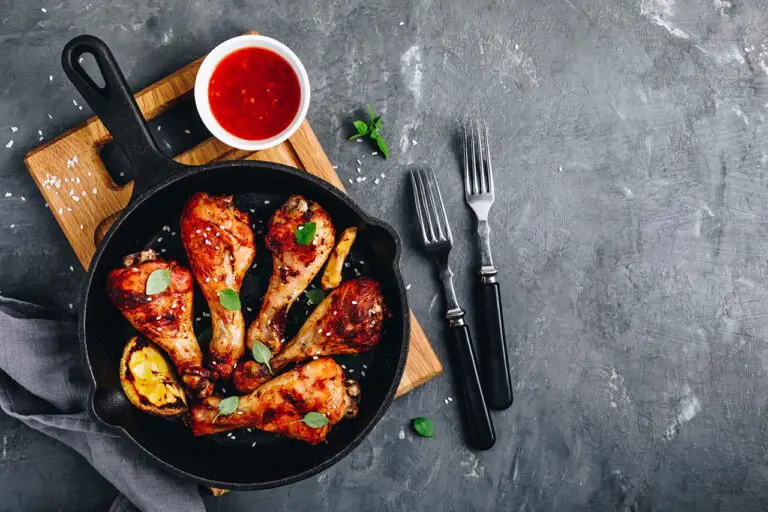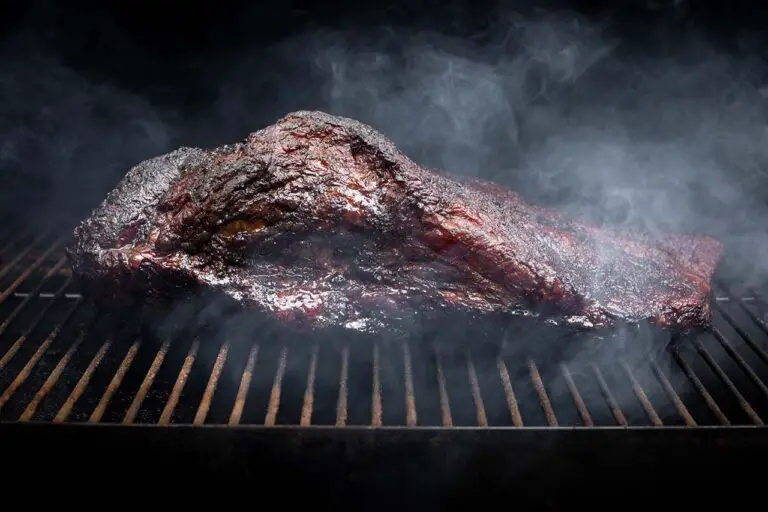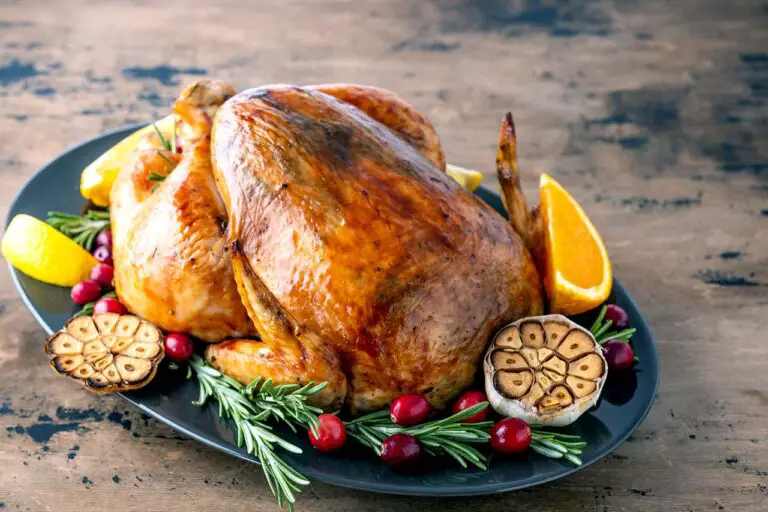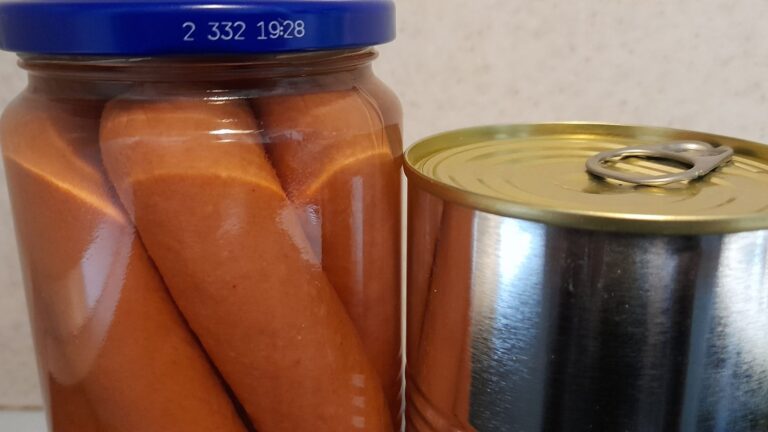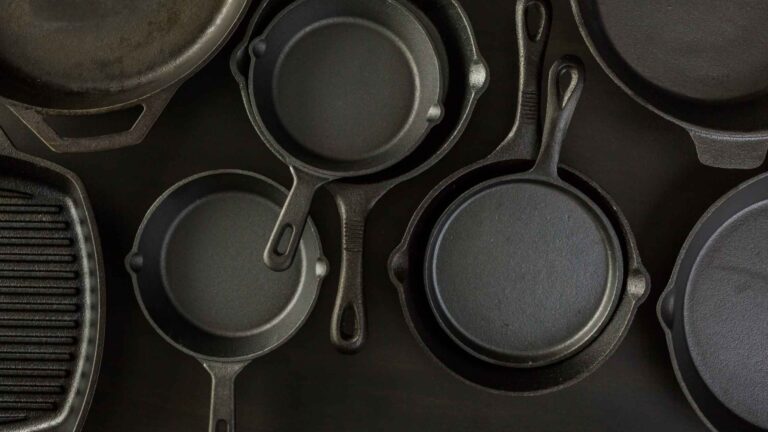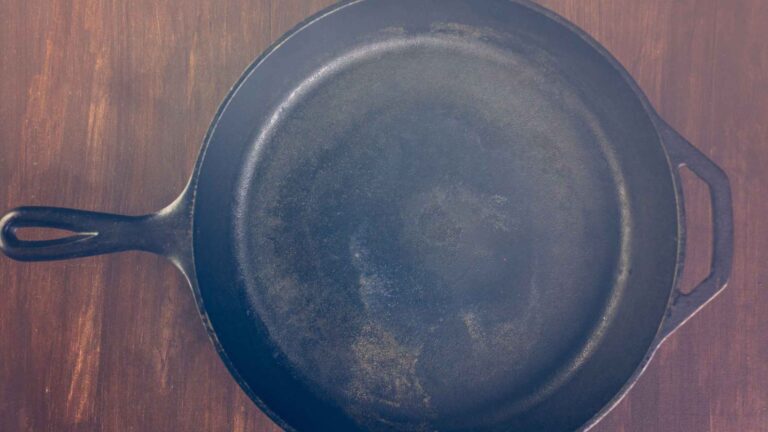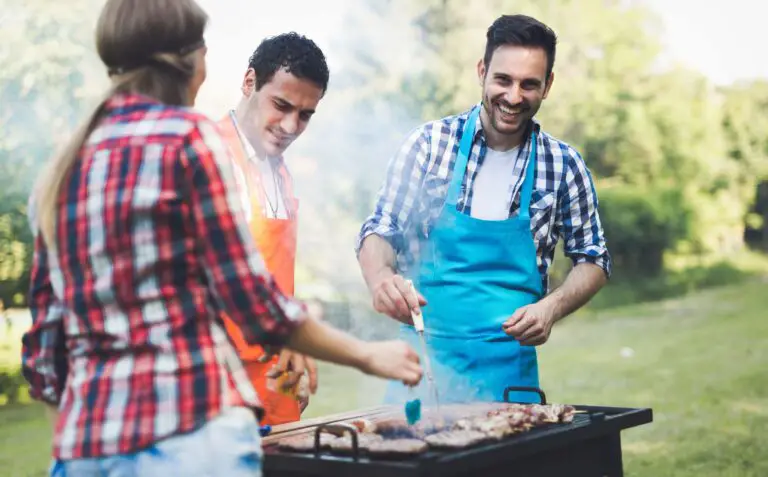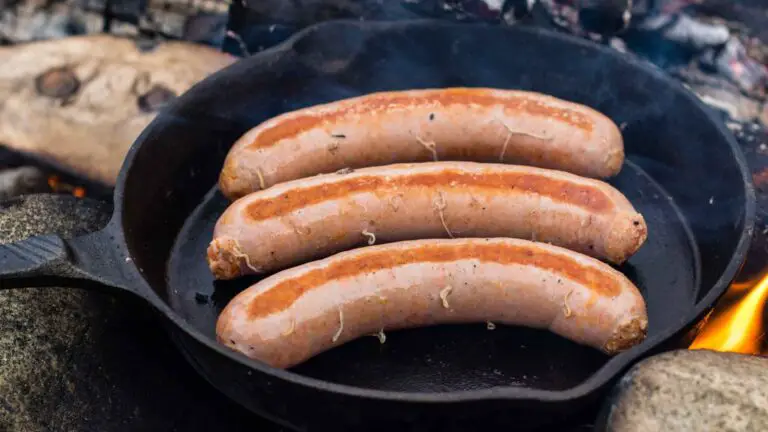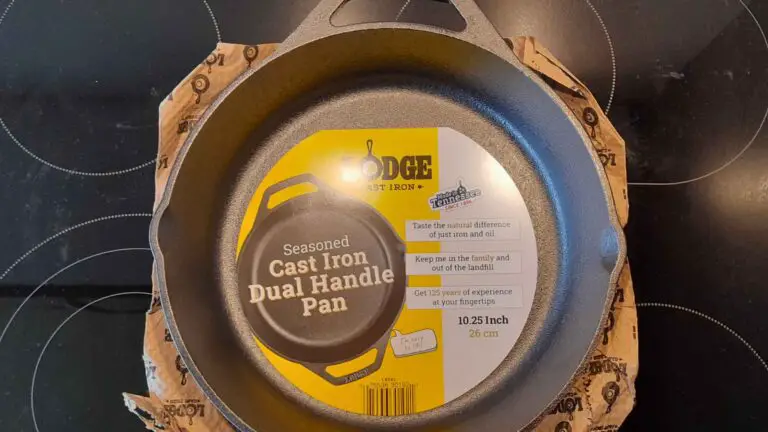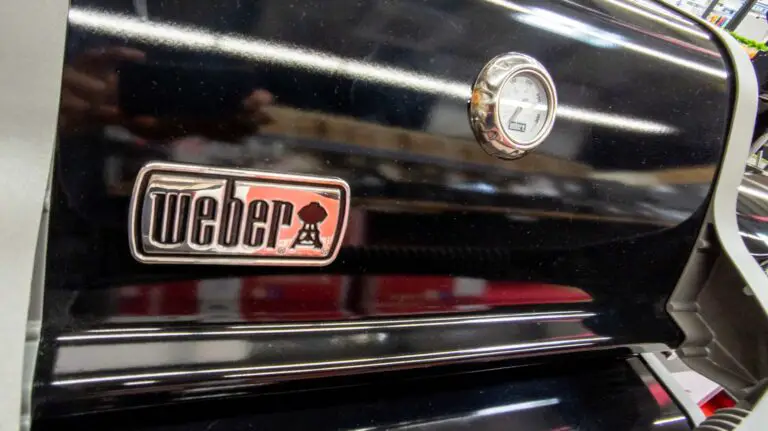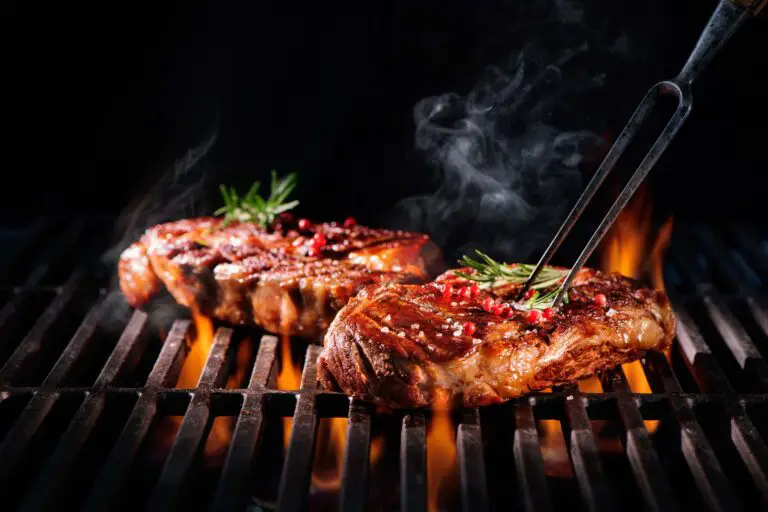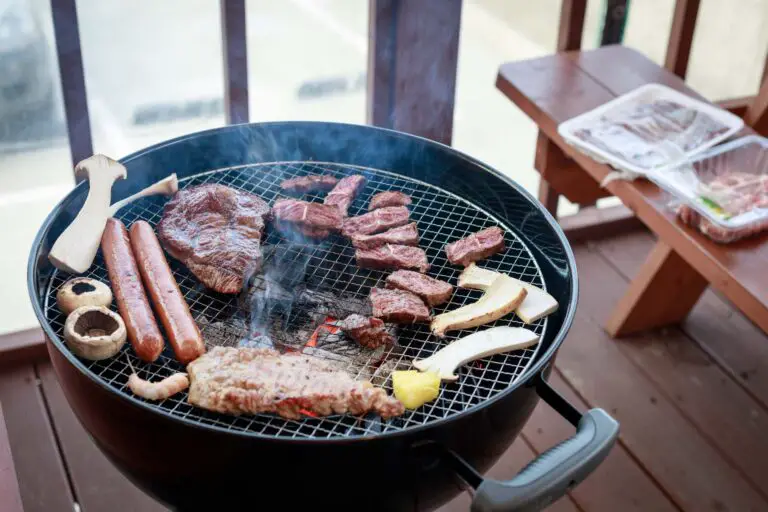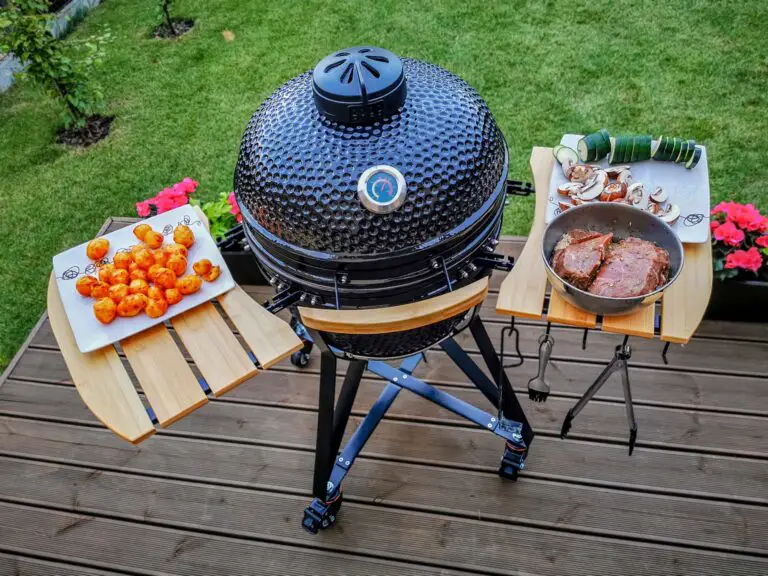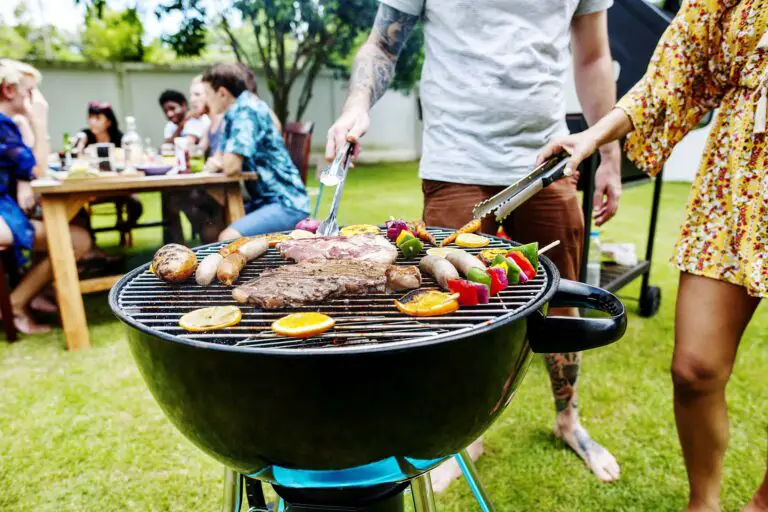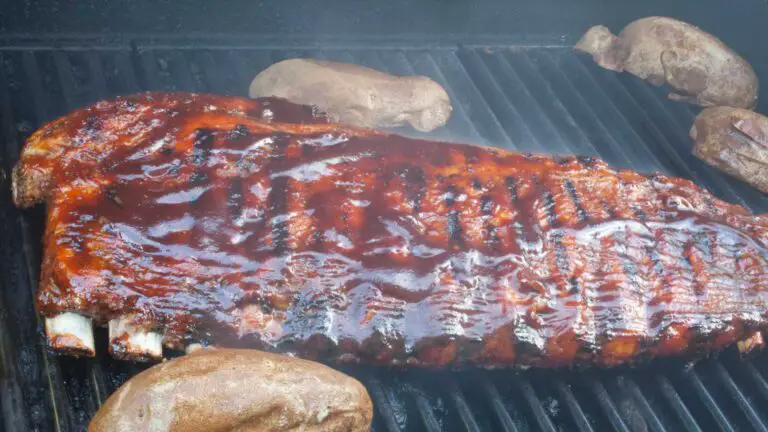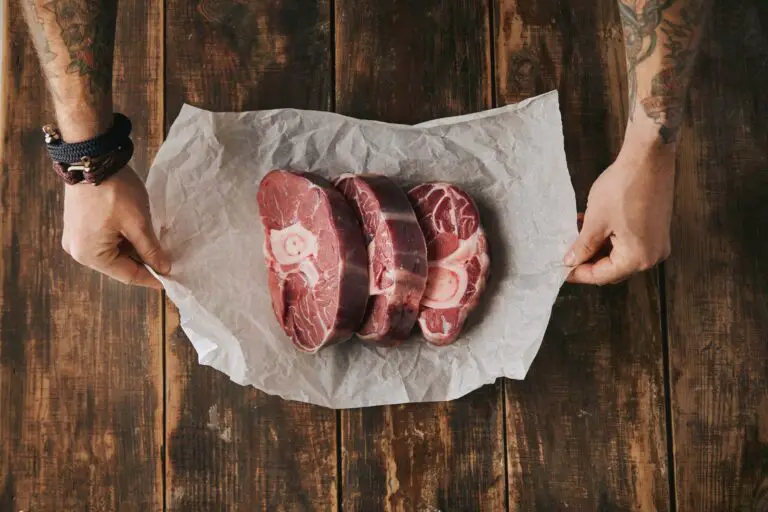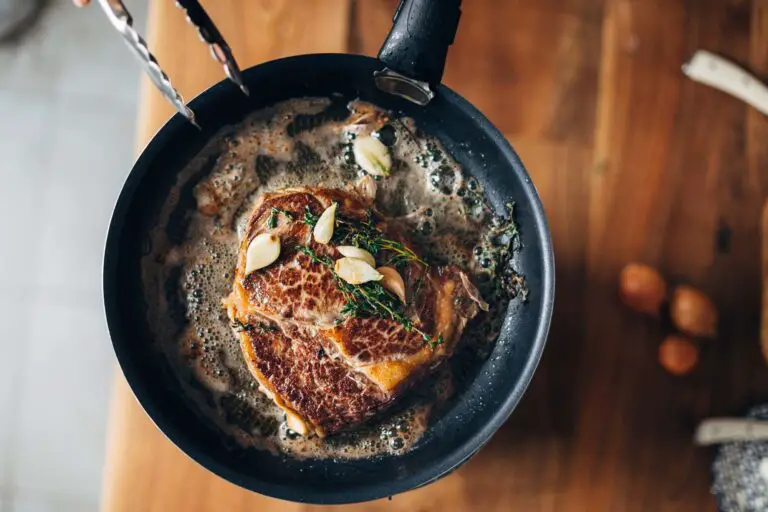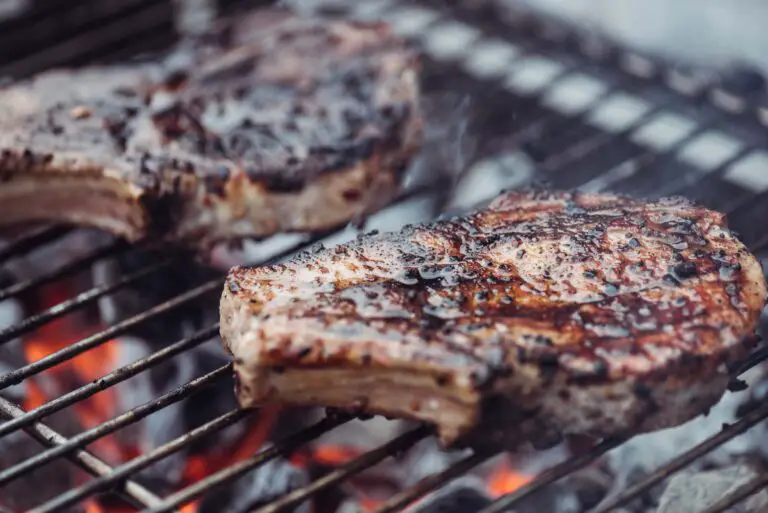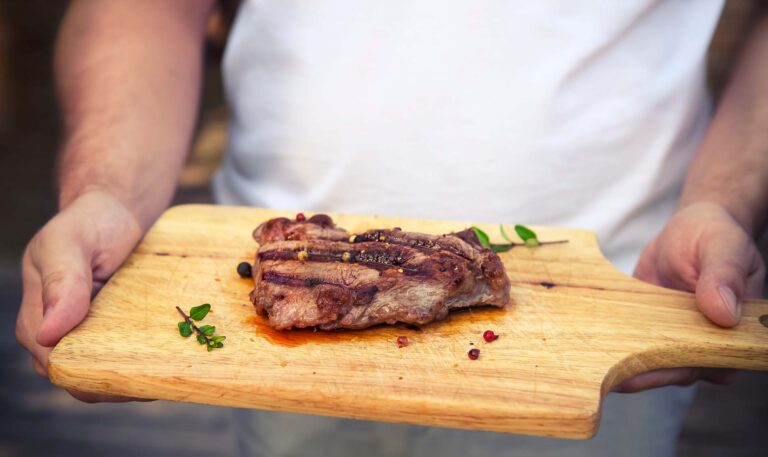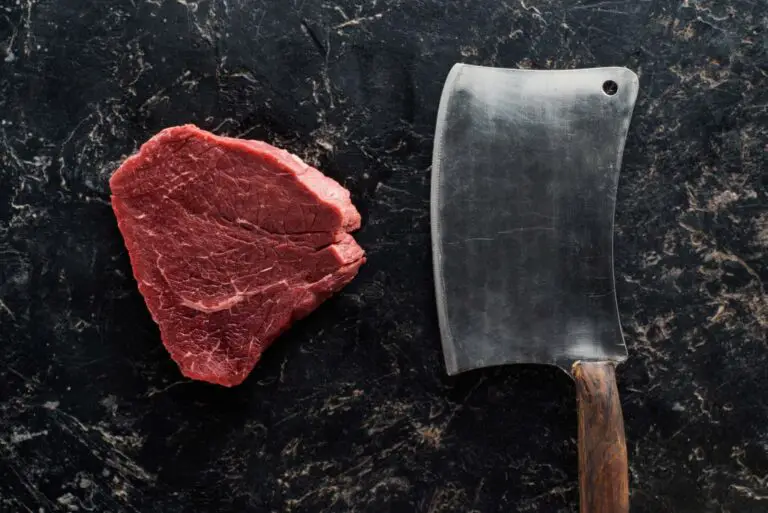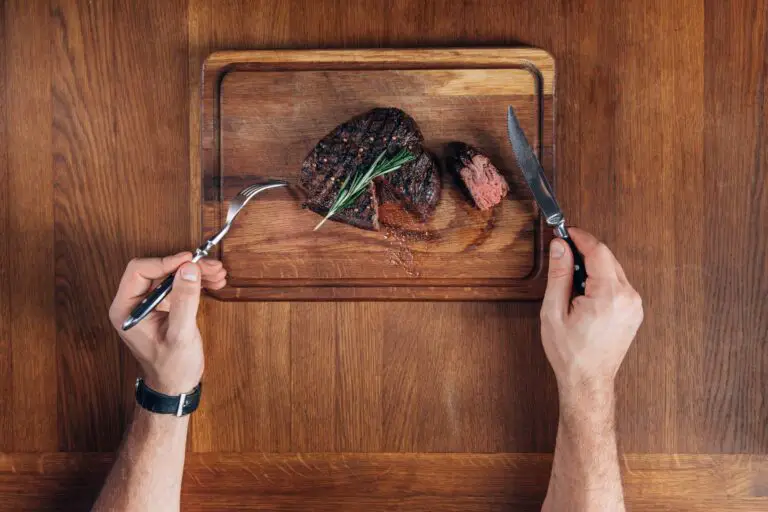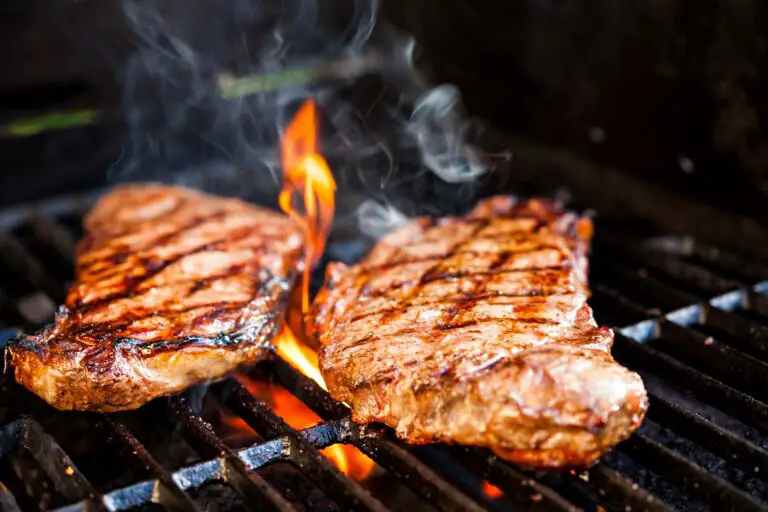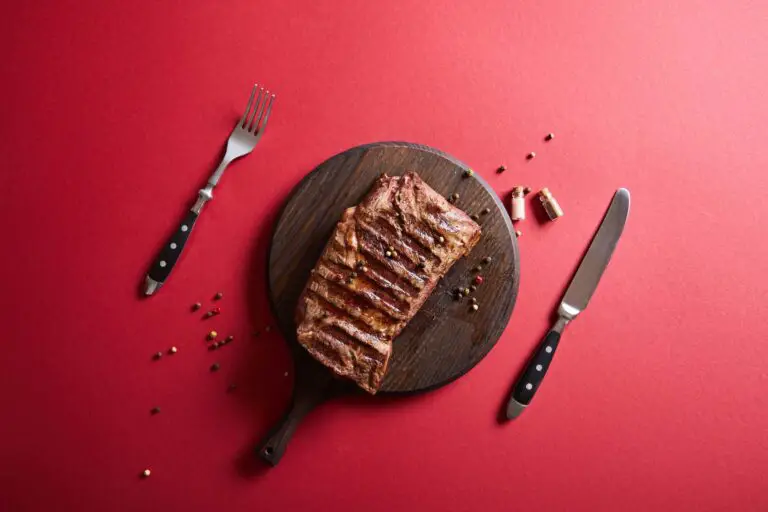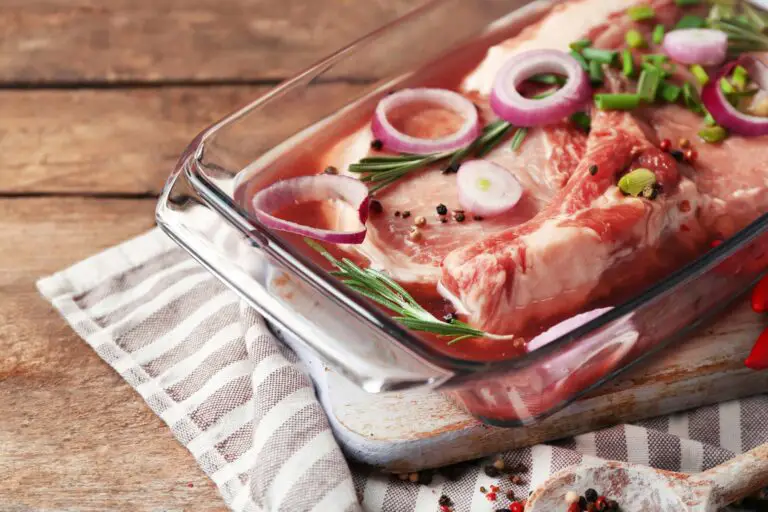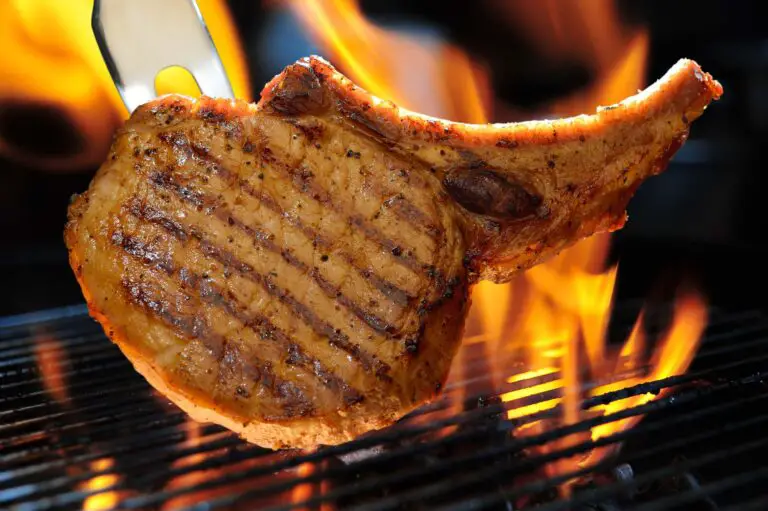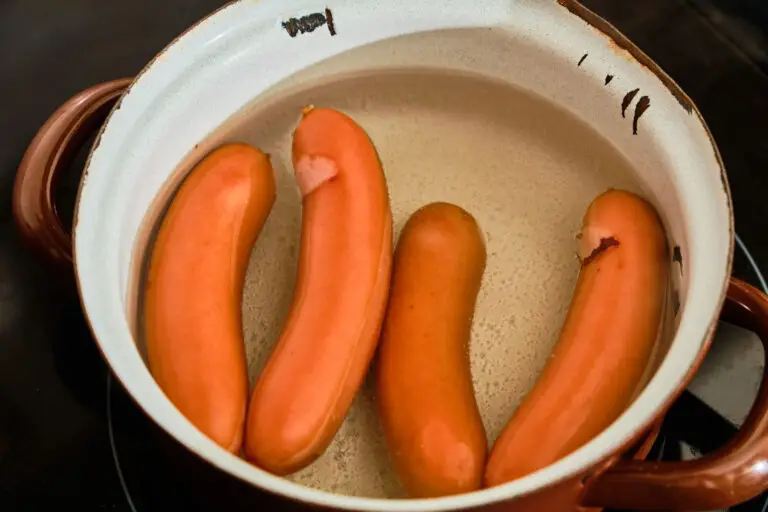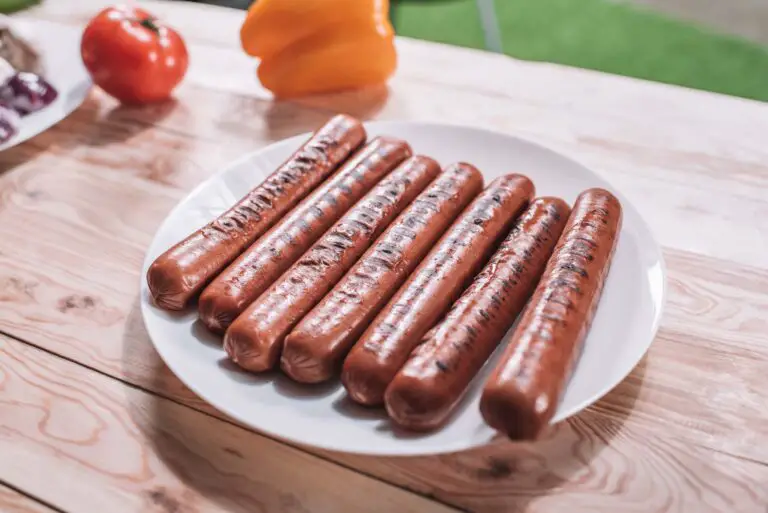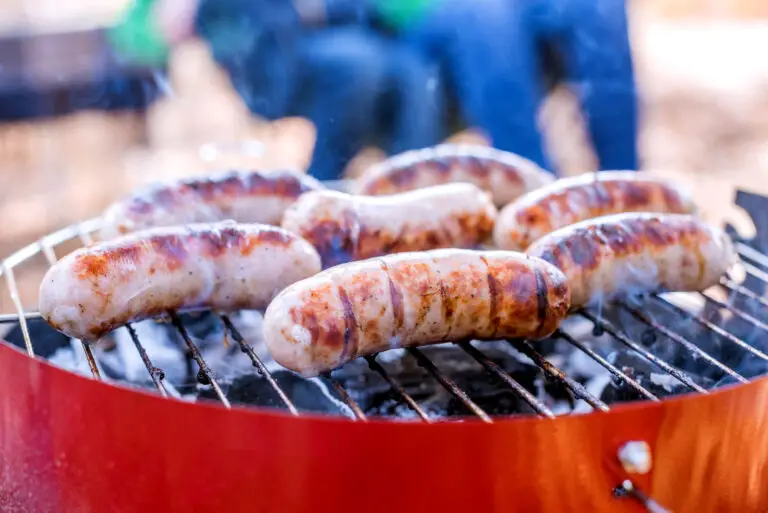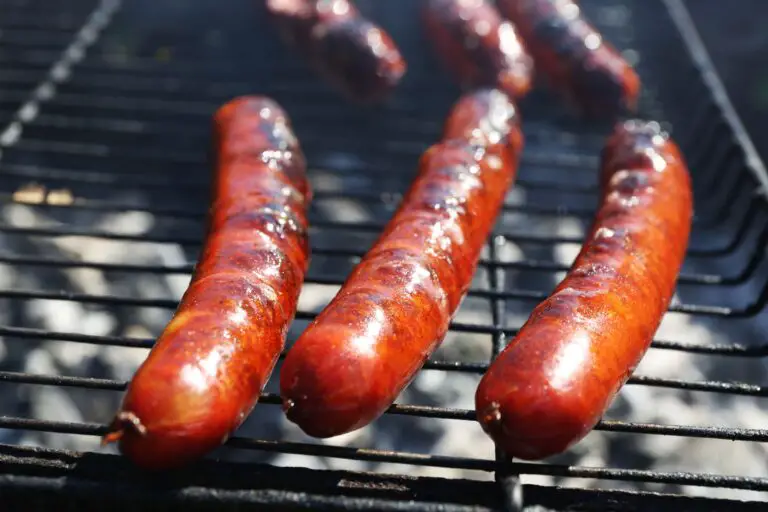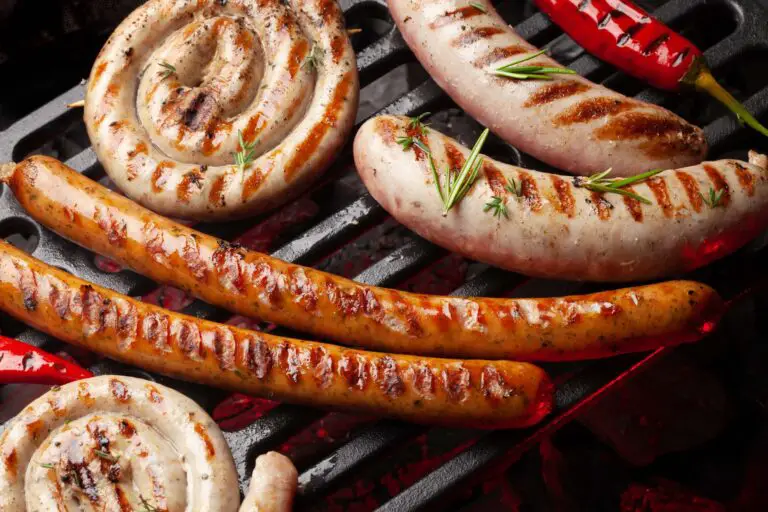Grilling the perfect burger starts with burger size! Barbehow experiments with the best burger size for grilling. Size really does matter.
How Long Do Weber Grills Last?
Wondering how long a Weber grill is expected to last? We give you the rundown, plus tips on how to make it last even longer.
Can You Brine a Pre-Brined Turkey?
A reader asks if they should brine a pre-brined turkey they bought from the store. Our editor answers.
Can You Wrap Brisket in Parchment Paper?
Out of aluminum foil and butcher paper? Here’s all you need to know about wrapping brisket with parchment paper.
Chewy Brisket? Why It Happened, How to Avoid It
Don’t let that chewy brisket ruin your cookout! Learn why it happened & how to avoid it with these hard-earned, battle-tested tips.
Is Pink Brisket Safe to Eat? (What to Know)
Your brisket turns out pink around the edges, now did it? Here’s why this isn’t what you probably think it is.
Do This If Your Brisket Is Done Too Early
Brisket done too early? Don’t you worry, we have a fix for that. Here’s how to hold your brisket so it stays edible for hours on end.
The Secrets to Fall-Apart Brisket, Revealed
Tired of tough brisket? Unlock the secrets of fall-apart tenderness with these tips and tricks from a bona-fide BBQ writer!
Brisket 101: What Part of the Cow Is Brisket From?
Curious about the mighty brisket? Learn all about this go-to cut of meat and why it needs to be cooked low and slow for maximum flavor!
Don’t Waste a Drop! What to Do With Brisket Juice
You’ve cooked the perfect brisket, but what should you do with the leftover juice? Here are a few ideas you don’t want to miss.
How to Decide Between Brisket And Steak
Brisket or steak? It’s a tough call, but we’ve got you covered. Here’s how to make the best decision for your next cookout.
Why Is My Brisket So Fatty? Cracking the Code
A reader is tired of overly fatty briskets. Our editor helps them figure out how to get their briskets to turn out just the way they like it.
Smoking Brisket And Chicken Together: Yes/No?
Are you fixing on smoking brisket and chicken together? Come on in, we have everything you need to know to get it right.
Smoked Brisket and Ribs: Match Made in Heaven?
Are you thinking about smoking brisket and ribs together? Here’s how to get it right, no matter the size of the meats and the recipe.
No Fat Cap on Your Brisket? No Problem!
Don’t let a lack of fat cap ruin brisket weekend! Here’s how to create a juicy, tender brisket even without the fat cap.
What Is the Flame Broiler on Pit Boss Grills?
Thinking of buying a Pit Boss grill with a flame broiler? Here’s all you need to know about how it works and if it’s worth it.
The Very Best Pellet Grills for Searing (2023)
Looking for a pellet grill and meat smoker capable of a giving a mean sear to your meats? We’ve rounded up our favorites to help out.
The Very Best Grills for Burgers in 2023
From gas to charcoal to pellets, we’ll help you find the best grills for burgers to help you find the perfect one for your cookouts.
The Safe Internal Temperature for Beef
Cook your beef to this safe minimum internal temperature so it comes out not only juicy and delicious but also safe for everyone to eat.
The Safe Internal Temperature for Pork
Cook your pork to this safe minimum internal temperature so it comes out not only juicy and delicious but also safe for y’all to eat.
The Safe Internal Temperature for Chicken
Learn about the safe minimum internal temperature you should be cooking your chicken to, indoors or outdoors.
Smoking Meat Overnight? Know This!
Smoking meat overnight? It’s possible! Learn all the tips and tricks to make sure your meat is cooked to perfection.
Smoking Turkey the Day Before: Things to Know
Did you find yourself wondering if you can smoke that bird the day before or overnight? We’ve got the answers you’re looking for.
Are Canned Sausages Ready to Eat?
Canned sausages are convenient, but do they come with any nasty surprises? We find out whether canned sausages are truly ‘ready-to-eat.’
Seasoning Your Cast Iron Skillet: The Ultimate Guide
Seasoning a cast iron skillet is no daunting task. It takes a little oil, a hot oven, and a bit of patience. Read this before you start.
How to Remove the Seasoning on a Cast Iron Skillet?
Looking to give your cast iron skillet a fresh start? There are quite a few ways to remove seasoning from a pan. Here are the top methods.
Grilling & Smoking Essentials: Top Tools You Need
Fire up the grill or smoker and get ready to cook like a champ with our roundup of must-have BBQ tools.
How to Use a Pre-Seasoned Cast Iron Skillet
Learn how you can elevate your grilling with a pre-seasoned cast iron skillet. With a little bit of know-how, you’ll be a pro in no time.
Lodge Cast Iron Skillet (An Owner’s Review)
Not all seasoned cast iron skillets are made equal! We’ve reviewed the Seasoned Dual Handle Pan from Lodge. Find out if it’s for you.
Can You Grill Without Flavorizer Bars on a Weber?
Weber grill owners, you won’t want to miss our latest blog post all about the flavorizer bars. Do you really need them?
The Best Charcoal Grills With Cast Iron Grates
Discover the top charcoal grills with cast iron cooking grates on the market and make the perfect choice for your backyard!
The Best Charcoal Grills for a Beach House
Be the envy of the beach with our shortlist of the best charcoal grills for a beach house. Your burgers will never be the same.
The Very Best Kamado Grills on a Budget
Are you in the market for a high-quality kamado grill that won’t break the bank? Look no further!
The Best Charcoal Grills for a Large Family
Need a grill to feed a crowd? Look no further! We’ve done the research so you can fire up the coals.
What to Do With Overcooked Ribs?
Add sauce to overcooked ribs if they’re not too thick or you can braise or marinade them. Otherwise, repurpose the meat for another meal.
Does Beef Get Tougher the Longer It Cooks?
Get the scoop on whether cook time really affects the chew factor of your beef, and how to use it to your advantage.
Do You Need Oil to Sear a Steak?
Is oil really necessary for searing steak? Find out the answer—and more—in our latest blog post.
How Long to Bring Steak to Room Temperature?
Get your steak questions answered! Find out how long to bring your steak to room temperature before cooking it—and why it matters.
How to Keep Your Steak Warm: Griller’s Secrets
Here’s how to keep your steak warm while it’s resting, so you can enjoy a juicy, flavorful steak every time!
How Thick Should Steak Be? Ideal Steak Thickness
The ideal thickness for a steak is 1½ inches for the perfect sear and juicy interior. But it’s important to consider the cut and level of doneness.
Why Your Steak’s Mushy
Steak as soft as a bowl of oatmeal? Not on our watch! Follow these tips for the perfect cut of beef every single time.
How to Prevent Steak From Curling
Sick of steaks that just won’t behave on the grill? We’ve got the cure for your BBQ blues!
From Fresh to Foul: Can Steak Go Bad If Left Out?
Find out if leaving steak out is a recipe for disaster, or if it will be safe to enjoy a little later.
Can You Marinate Steak Too Long?
Let’s explore the question of whether or not a steak can be marinated for too long, and help you find the perfect balance for your next cookout.
Which Pork Cuts Are Closest to Steak?
Looking for a delicious and juicy steak alternative? Look no further than pork tenderloin, pork loin, pork ribeye, or pork sirloin!
Do Sausages Float When They’re Done?
Do sausages float when they’re done? Check out the experiment I did to find out the answer!
Should Sausages Be Slimy?
Sausages shouldn’t be slimy! Here’s what you need to know, and how to tell if the sausages have gone bad.
How to Keep Sausages From Curling
Grilling season is here! But before you fire up the BBQ, check out this article on how to keep your sausages from curling.
Freezing and Reheating Sausage: Tips & Tricks
Looking to freeze and reheat sausage? Here’s everything you need to know to do it right!
How to Stop Sausages From Rolling
Don’t let those pesky sausages get the best of you! With these tips, you’ll be able to cook them without rolling every time.

